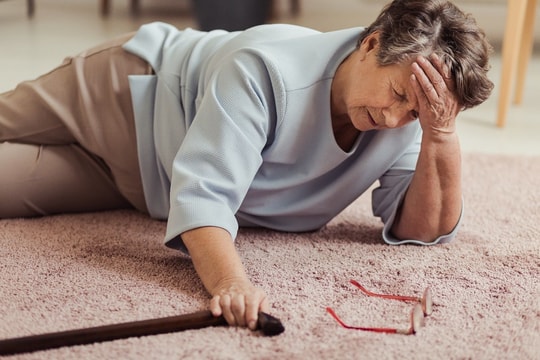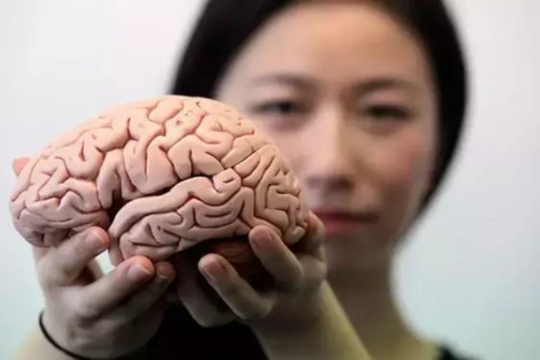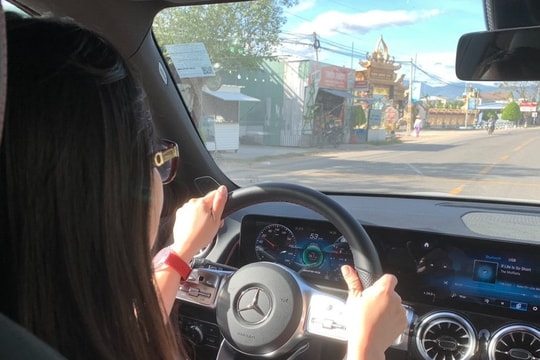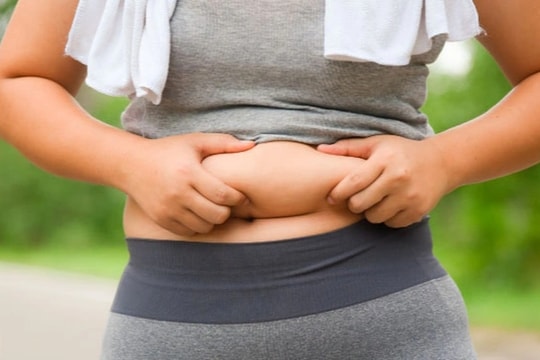Bad habits that destroy cars that drivers often have
Bad driving habits can damage your vehicle, reduce fuel efficiency, and are especially dangerous for drivers.
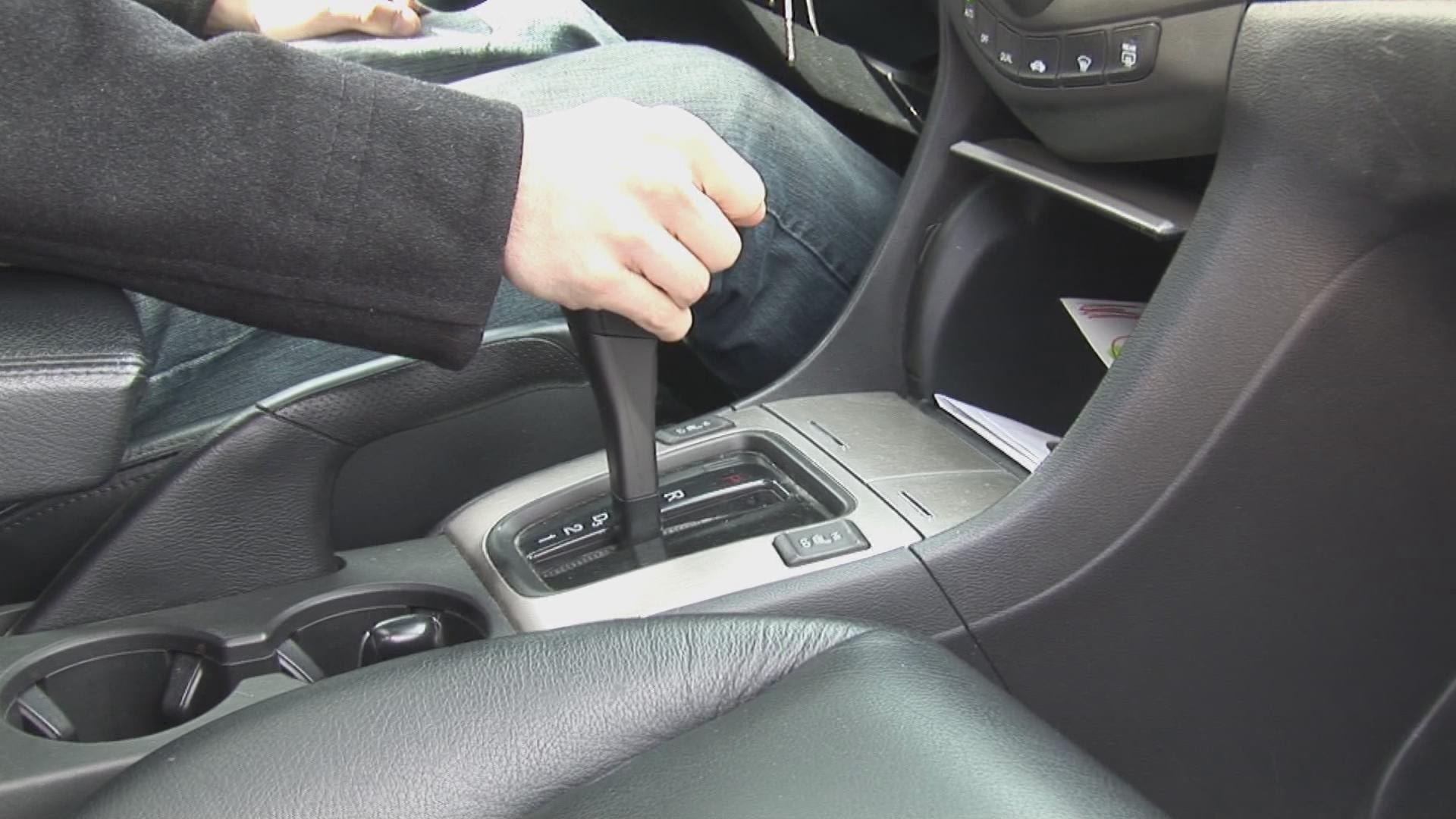 |
Resting your hand on the gear stick damages manual transmission components.
This is a very common habit but can cause damage to both manual and automatic transmissions. The weight of the driver on the gear stick is transferred to the internal components of the transmission and can cause rapid wear and tear. Keeping both hands on the wheel not only reduces the damage to the transmission but is also a safe driving method.
Do not use the handbrake as it damages the automatic transmission.
Even when driving on a flat road, the driver should use the handbrake because when braking, the entire weight of the car falls on a very small part called the parking pawl. Accordingly, this part of the automatic transmission is a small metal lever about the size of your finger. It is known that the tiny parking pawl is quite easy to wear or break if you do not pull the handbrake.
According to car experience, when parking a car with automatic transmission, the driver should follow the sequence of foot brake - handbrake - P - turn off the engine. In case of parking on a flat surface, the driver can put the car in P before the handbrake or handbrake before P later comfortably because the car will not slide downhill after putting it in P. However, when parking on a slope, you should follow the above instructions.
It is known that many cautious car owners can shift to N. Accordingly, the new sequence will be performed as follows: Step on the foot brake - shift to N - use the handbrake - shift to P - turn off the engine. This method helps to secure the car more when parking.
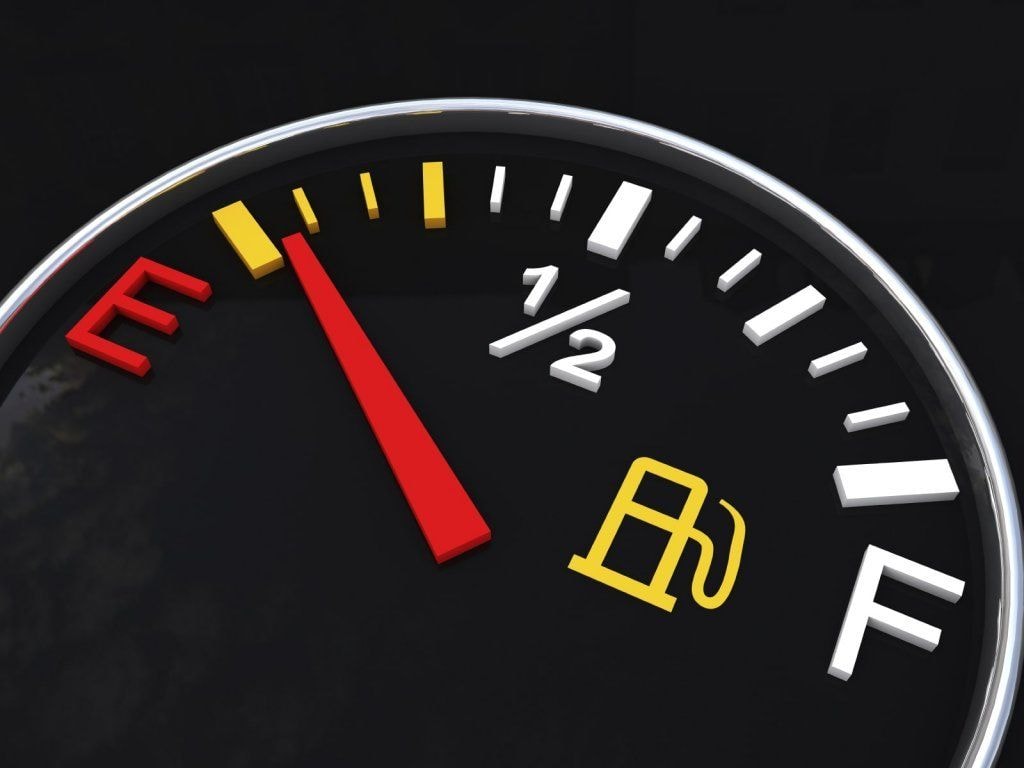 |
Trying to run when the fuel is low, the gauge reaches level E, causing damage to the fuel system
Many of us have probably been in a situation where we have not filled our tank to the max and have filled it with enough fuel to last us a day or two. However, car owners should be aware that this can cause damage to the fuel system. Most cars have an internal fuel pump that is cooled by the fuel in the tank. A low fuel level will cause the fuel to overheat and cool the pump inefficiently. This can lead to premature failure of the pump as it cannot cool down to its optimum operating temperature.
Braking suddenly, frequently pressing the pedal
Driving with your foot on the brake pedal or pressing the brake pedal hard when going downhill can cause the vehicle to deteriorate quickly, requiring regular maintenance. Accordingly, the brake system will heat up when used and will cool down when the brake pedal is released. Braking suddenly will cause heat accumulation and can cause the steel brake discs to warp and wear out the brake pad material. This is often manifested by a feeling of vibration in the brake pedal and in some cases the steering wheel. Therefore, to prolong the life of the brakes and the vehicle, the driver should use the brakes properly and avoid sudden braking.
Suddenly shifting gear while the car is in reverse
Sudden gear shifting is one of the major causes of damage to the car. It is known that when reversing out of a parking space, drivers often immediately shift into forward gear, step on the gas to move the car forward before it can stop completely. According to driving experience, the transmission system is still in the process of reversing and suddenly forced to change in the opposite direction, which will cause the gearbox and drive shaft to deteriorate quickly; causing the driver to have to do maintenance more often.
Although drivers cannot completely prevent their cars from deteriorating or having problems over time, controlling their driving habits will greatly extend the life of their cars. This will help the car last longer and drivers can limit the number of times they need to service their cars during the year.


.jpg)
